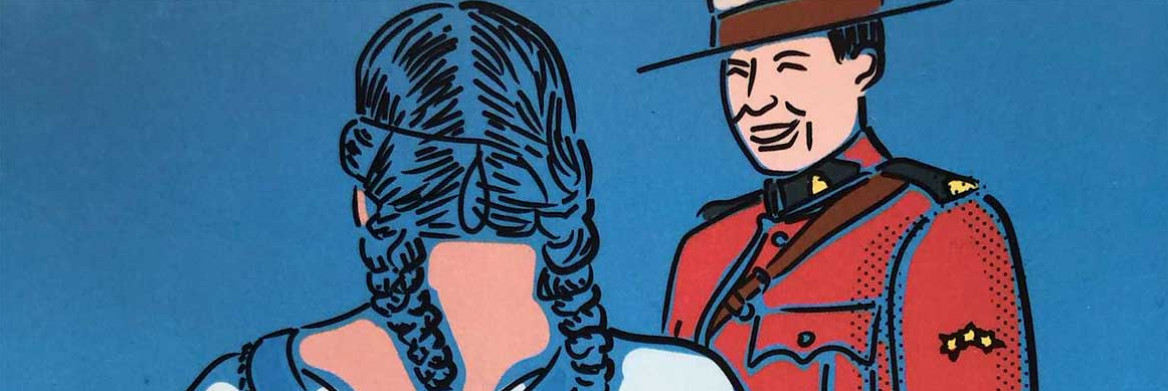A new Inuktut phrasebook is helping RCMP officers in Nunavut build rapport with the people they serve.
The pocket-sized translation book, titled Inuktut for Law Enforcement, was created in partnership with the Pirurvik Centre, an Inuit-owned language and culture learning centre based in Iqaluit. The content is tailored to the RCMP and includes words and phrases relevant to police work.
There are sections on basic words and fundamentals of Inuktut grammar as well as phrases related to family, community, the environment and travel. Inuktut is the term for all Inuit dialects spoken in Canada, including Inuktitut, Inuinnaqtun and others.
While most people in Nunavut can conduct a conversation in English, in 2016 two-thirds of residents listed Inuktut as their mother tongue and three-quarters reported speaking Inuktut at home, according to Statistics Canada.
"I think it's a great tool for people, especially for officers who come up here and haven't done much Indigenous policing before,
" says RCMP Cpl. Tyler Civico, who started learning Inuktitut when he began working in Nunavut in 2019.
Saying hello
Civico says he often uses phrases in Inuktitut like 'good morning, how are you?' and 'please, come here' while on duty. "One word I find useful means 'it's OK.' When said in a calm voice, it can have a calming effect on people,
" says Civico, who works at the RCMP's Kinngait detachment.
Becoming more familiar with Inuktut is one way RCMP officers can build their cultural awareness and demonstrate cultural competency. Cpl. Rod Rudiak says residents are often pleasantly surprised when they hear him speaking Inuktitut.
"Sometimes it's shock and surprise. They're very happy I made the effort to learn it and they really respect it,
" says Rudiak, who works at the RCMP detachment in Coral Harbour, Nunavut. He learned Inuktitut while working in Nunavut between 2001 and 2005, before returning to work in the north in 2020.
Creating connections
Rudiak says that while the phrasebook offers a good introduction to speaking and understanding Inuktut, the best way to learn the language is by making friends and connecting with Inuktut speakers in the community. "If you take the time to learn the language, it goes a long way with the people up here,
" says Rudiak.
Chris Douglas, director of productions at the Pirurvik Centre, says consulting with RCMP officers was important while creating the phrasebook. "We worked with the people who are going to use the terminology on a day-to-day basis to determine their needs so we give them a resource for the work that they're doing,
" says Douglas. "Phrasebooks are a great way to help you with a new language. They don't teach you the language, but can help you with interactions with people and overcome language barriers.
"
